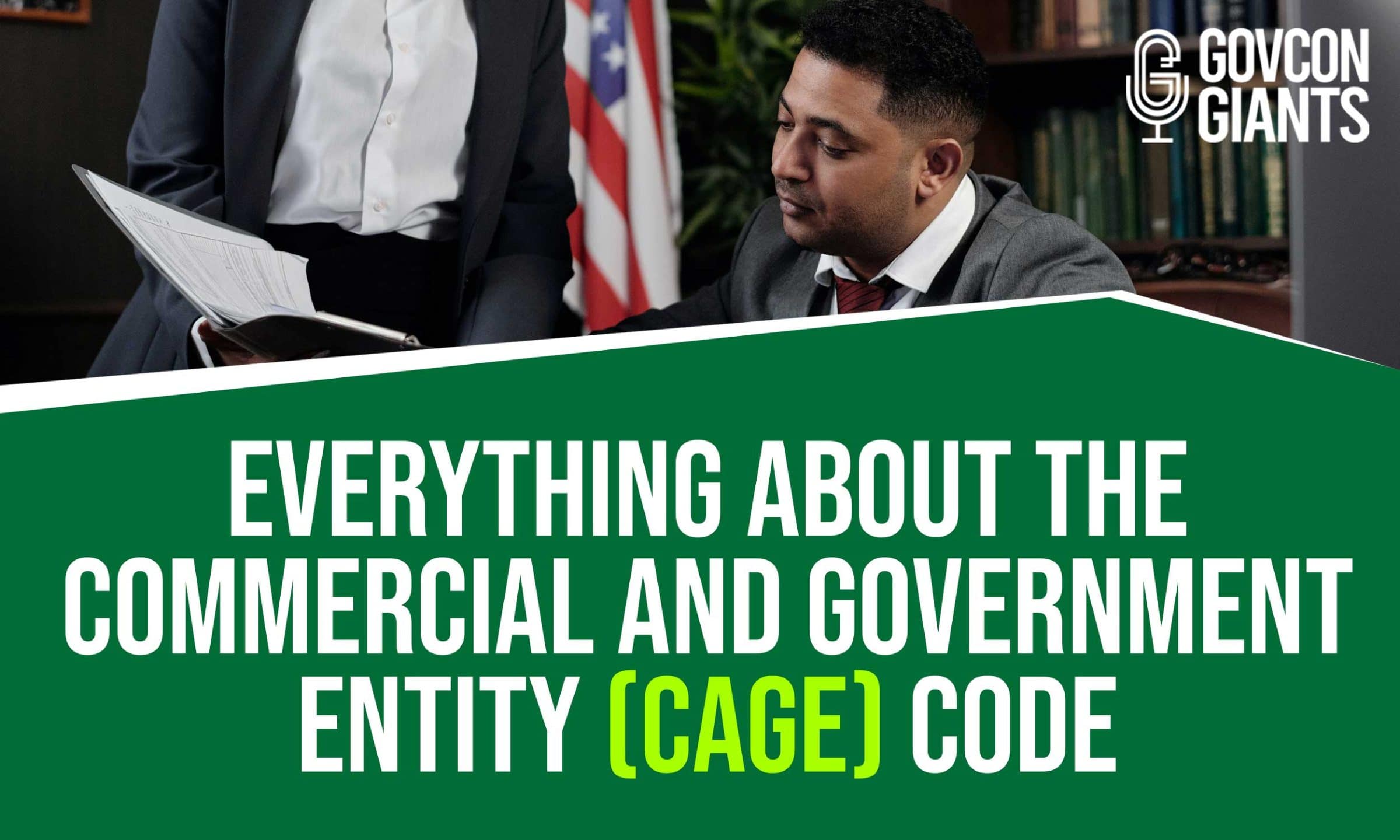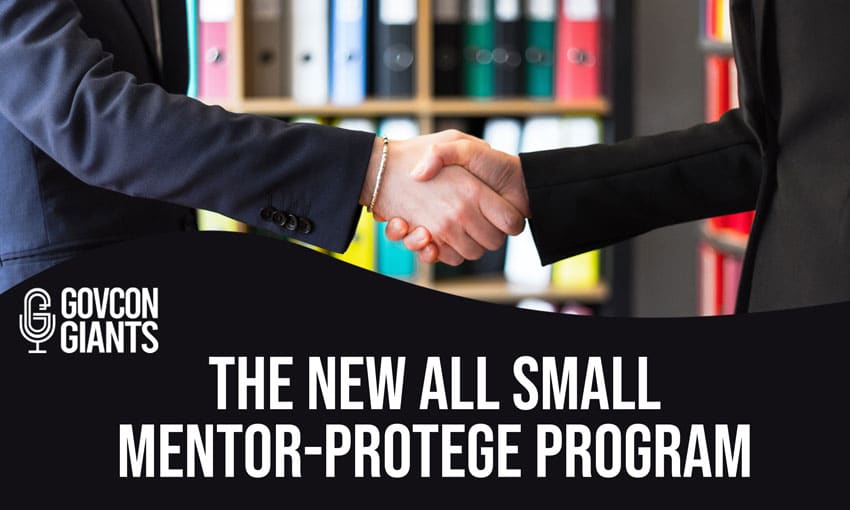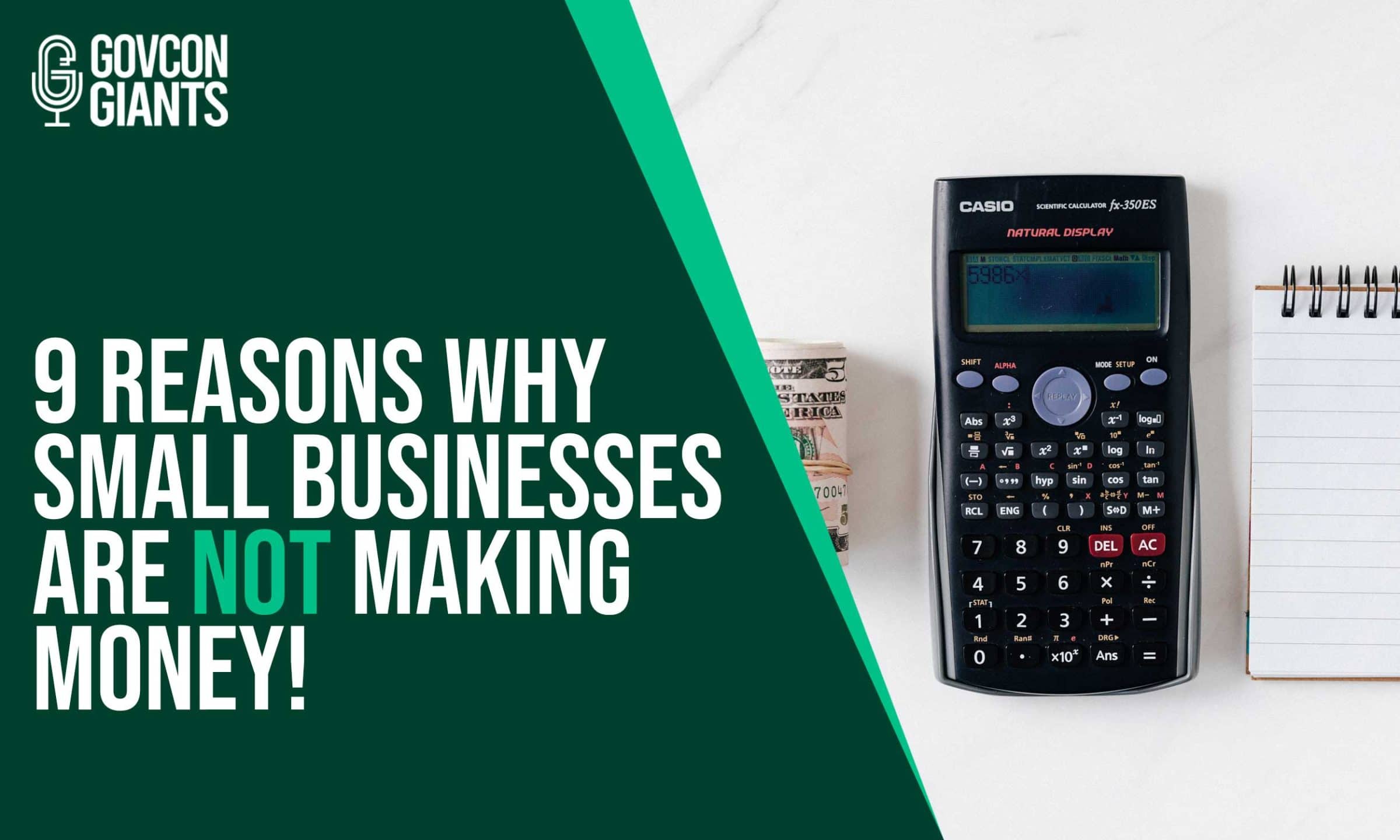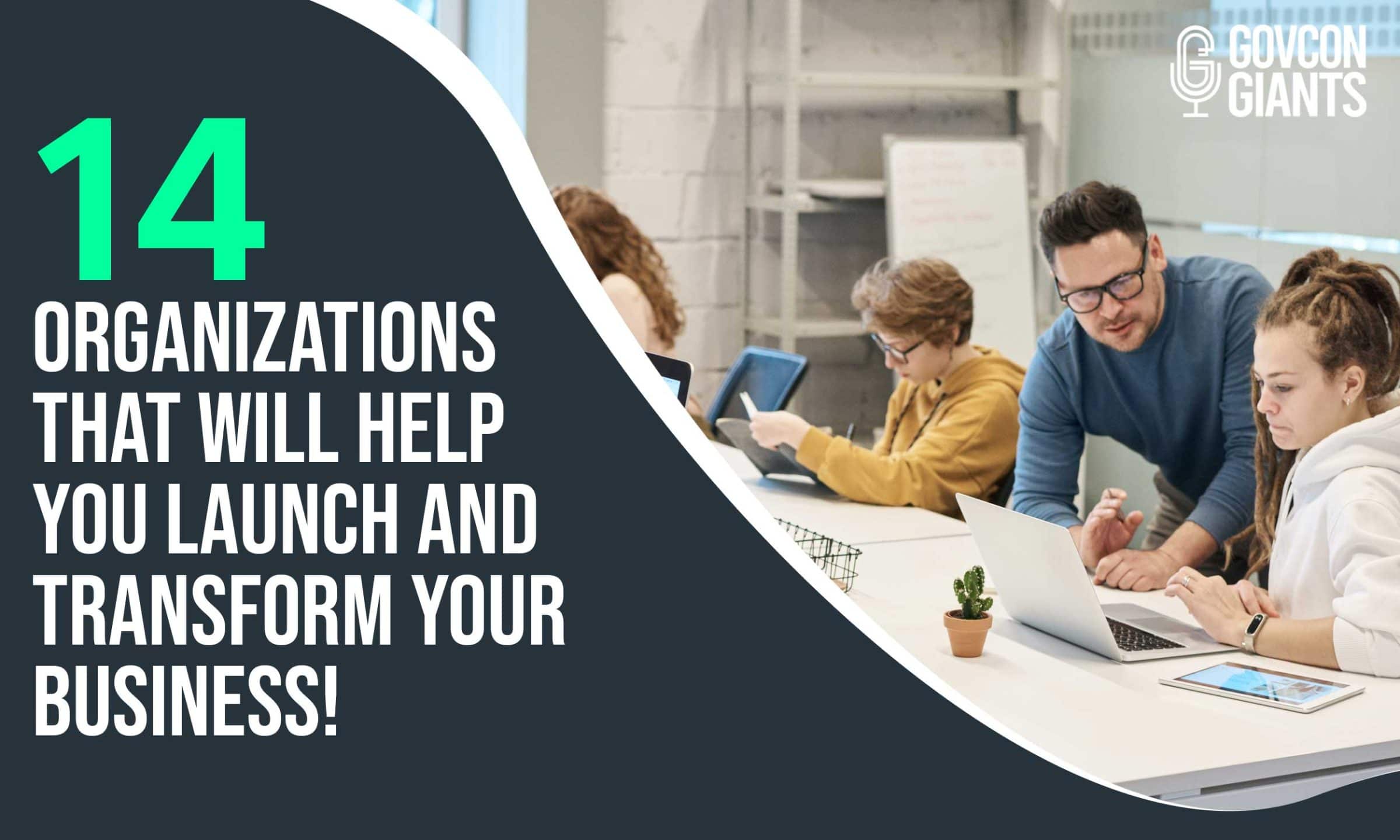Understand why your small business is not making money and learn what to do so that you won’t end up a statistic like the rest of the small businesses!
MOST BUSINESSES ARE SMALL BUSINESSES
The United States is considered the richest country, but why do a huge portion of businesses, small businesses in general, are not achieving success?
According to the Small Business Association’s 2019 Small Business Profile, there are 30.7 million small businesses across the country. This comprises 99.9% of businesses in the United States.
Aside from that, small businesses have helped not just to employ a huge percent of the population, but they also helped in terms of international trade and provide services for the country’s citizens.
But why are there so many small businesses not making money? Well, after having worked with many small firms, it appears that the same things keep popping up time after time.
If you are not experiencing success, then you might want to look at the list below to see which things are impacting you. We have also provided the necessary course correction, so that you too don’t end up a statistic like the rest of the small businesses.
9 REASONS YOU’RE BUSINESS IS UNSUCCESSFUL
1. No finances.
When talking about having no finances, it means having no creative ways for financing your business in order to support and encourage growth. We are not just talking about having no working capital.
With this, you have to find money because you can’t survive without access to capital or credit. If you have rich relatives, then ask them to finance you. If you don’t have that, you can ask your close friends or people you know.
If that doesn’t work, then build up your supplier accounts. If you don’t know how to do that, then you have to increase your skills. Don’t worry, we have these resources to help you on how to build $1,000,000 supplier credit with bad personal credit and how to build business credit and your Paydex score!
I know that banks don’t like to lend money, so they are an option of last resort, but nowadays, there are so many crowd-funding platforms and you can go into that route too.
Consider these stories as an example:
- I remember attending a seminar where the speaker (now a billionaire) said that he was forced to find ways to make payroll, so he took out a construction loan to build a new house and used the money to make payroll.
- I know another friend that because of his credit card merchant relationship with American Express over the years, they extended him a loan based on the volume of sales he was consistently doing year after year.
In fact, when I was younger, I asked an angel investor to invest $1 million in my company. They asked if my parents own a house with equity because if they do, we can borrow from that equity and put the money in my company.
Now, I’m not encouraging you to bet the farm or any of your valuable resources, I’m just telling you to first make sure that your products and services are that great before betting everything into it.
“Make sure that you’ve checked all the facts, spoke to suppliers, customers, and consulted with industry experts to ensure that it is viable. Only then can you go out and put everything on the limb to get behind it and make a real push to see it succeed.”
2. Don’t know what you’re doing.
I hate to be so blunt, but it is true that most small businesses out there don’t really know what they are doing. Going back to “The E-Myth Revisited,” they are technicians trying to be business owners.
They don’t even know the answers to these questions:
What does your sales process look like? Who’s handling your invoicing? Do you know how to properly file the forms and applications and process the paperwork in the system to get registered, sign up, or to be paid? Can you estimate the job with certainty? When will it arrive and at what address? What does your contract say regarding that dispute? Do you have a contract?
These questions are only asking the basic stuff, but I can tell you story after story of small companies that have no idea of many of these items.
Remember, the things above are the engines, tires, and wheels of the car. You are not going very far without these basic functions of every car, regardless of the model.
I am not saying that you don’t have the intellect, the knowledge, or the willingness to make things work. However, you just plain don’t know what to do or how to do it. You’ve run out of ideas. You don’t know where to turn or who to ask for help.
3. No people.
If you’re a solopreneur, then you may be that good if you gained so much success. However, I don’t know of anyone who has achieved success by doing it alone. In fact, it takes a team to compete in different marketplace’s little leagues.
And even with this, you need to have the best team to succeed at every level of your company’s growth. So, what does your team look like?
If we were playing a football game with your team, could they compete in the NFL or those leagues in college and high school? Is everyone the “A” players or do we have some friends and relatives helping out because that’s all our income will support?
To tell you a story, before I stepped out on my own, I started out as a consultant (solopreneur). Then once I accumulated enough capital, I transitioned as a business owner, built a team, and launched my business towards success.
4. No relationships.
Much like not having a team, trying to grow your business with only the knowledge that you possess and not seeking help from others would be the first step to the fast demise of your business.
This is because without connections, you won’t be able to take full advantage of what your marketplace has to offer. This is why you should build relationships with people.
So, how can you do this? What do you say to people whom you want to learn from? Well, you should offer help or volunteer for them. Bring value to the table.
A great resource on how to deliver value to people is the “Love is the Killer App.” In this book, the author Tim Sanders discusses how he becomes a resource for people. Whenever someone would have a particular problem, he would share solutions and book recommendations that will solve it.
5. Poor work ethic.
Most of us believe that we are hard workers, but if someone followed us around all day long and took an inventory of how we spent our time, they would probably find areas where we were just browsing on social media and playing fantasy football and video games.
To tell you the truth, I wanted to write this post yesterday, but put it off because of a Thursday night NFL game. Now, I am reviewing it nearly 4 days later.
You see, doing the work is not only hard, but it also takes discipline. It takes being able to work in silence, researching, and sitting still to get it done.
Truthfully enough, there is no way around it. You just have to get some rest, wake up early, turn off your devices, and start walking your mile!
As Jim Rohn likes to say:
“You can’t hire someone else to do your push-ups for you.”
6. Poor thinking.
According to Jim Rohn, most people are hard workers, but they have poor thinking habits.
This is a fact because we spend more time planning our vacations, kids activities, and daily chores than we do our life.
The things that we think about the most are what we focus on. If we don’t have reasons driving us toward our goals, then we are not moving closer to that mark!
Hence, you have to be more than sincere. You have to be serious about achieving your goal of having a successful business.
7. Lack of education.
How are you improving your skills? What does your practice routine look like? How are you preparing yourself for the big game?
We’re not talking about formal education here, we are talking about self education.
This is the stuff that you do when no one is looking or forcing you to do it. This is the books you’re reading, courses you’re taking, and lessons that you gained while doing the activities for your small business.
8. Afraid to grow.
Part of the reason why most of us are afraid to grow is because we don’t know what steps to take next. We are unsure about our ability to jump up to the next platform because the horizon is unclear.
This goes back to acquiring mentors and building your relationships because when you have mentors, then they will make the path look much clearer. They can help you see what’s around the corner and in the future.
Remember when you were a kid and you saw some kid doing activities that you wanted to learn, like hula-hoop, skateboarding, jump rope, playing video games, and others?
What would you do when you see them? You would ask. You would ask them to teach you, so you can learn.
The fear of asking when you were a kid was not prevalent as you were innocent and were only interested in learning the task. As adults, we have to do the same things. We need to conquer that FEAR, so we can GROW.
This brings us to our last reason…
9. Self doubt.
Most people quit before they try. Time and time, I witness people give up even before they get started. Instead of attempting, they simply brush off the idea or worse, they perform a few brain wrestling exercises going back and forth on how and why it won’t work.
I would like to encourage you to stand up to your FEARS. And if it’s not enough, use this methodology: educate yourself, work harder, and surround yourself with mentors. The fear won’t go, but at least, you’re trying.
“The people who have helped me during the most difficult times were the ones who’ve traveled the path where I’ve been and faced the same experiences. Those persons helped me see clarity about how I could work through the problem when I thought there were no solutions.”
Doing nothing will not release the FEAR. It will not help you pursue the vision that you have for yourself. So, take action. Do your research, study the competition, learn the skills, and seek the advice of others who’ve been there!
Considering that most people don’t take this approach, chances are you’re more likely to succeed than suffer.
Just keep in mind that there there will always be times where it doesn’t go as planned, but if you continue to study, learn, educate yourself, and seek wise counsel, you will win far more times than you will lose!With this in mind, if you want to learn more about doing business or about government contracting, then join us here at GovCon Giants. Just visit our website and other social media platforms or check the new GovCon Edu where you learn everything about government contracting!






